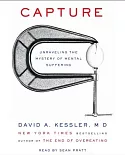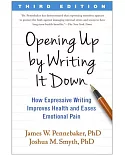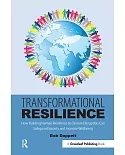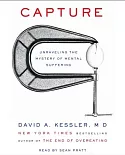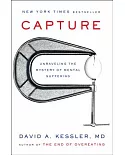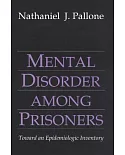Suicide prevention is a subject that has many myths but not enough factual data to aid those working to prevent people from taking their own lives. This international report, edited by Pompili
and Tatarelli, both in the department of psychiatry at Sant Andrea Hospital, Rome, brings together evidence-based reports on the efficacy of methods for suicide prevention along with
suggestions for further study. The book gives an explanation of the ways in which the evidence is collected before presenting strategies for suicide prevention based on this evidence. Several
of the articles address the myths. The dramatic rise in adolescent suicide is examined as well as the under-studied occurrences of suicide among the elderly. The usefulness of
suicide-prevention hotlines is questioned and more community education is proposed instead. One paper notes that removing the method of suicide has shown to be a deterrent. Cleaner fuel
emissions and tighter gun control laws, for instance, have decreased suicides by car exhaust and shooting. Others look at the wide-spread use of anti-depressants. Having put aside the myth that
everyone who commits suicide is mentally ill, several authors examine ways to treat those who do have psychological disorders and are also suicidal. The final section explores the need for
further research. This is an enlightening study, well referenced, that will be helpful to doctors, counselors and all those working in the field of mental health. Annotation 穢2010 Book News,
Inc., Portland, OR (booknews.com)





